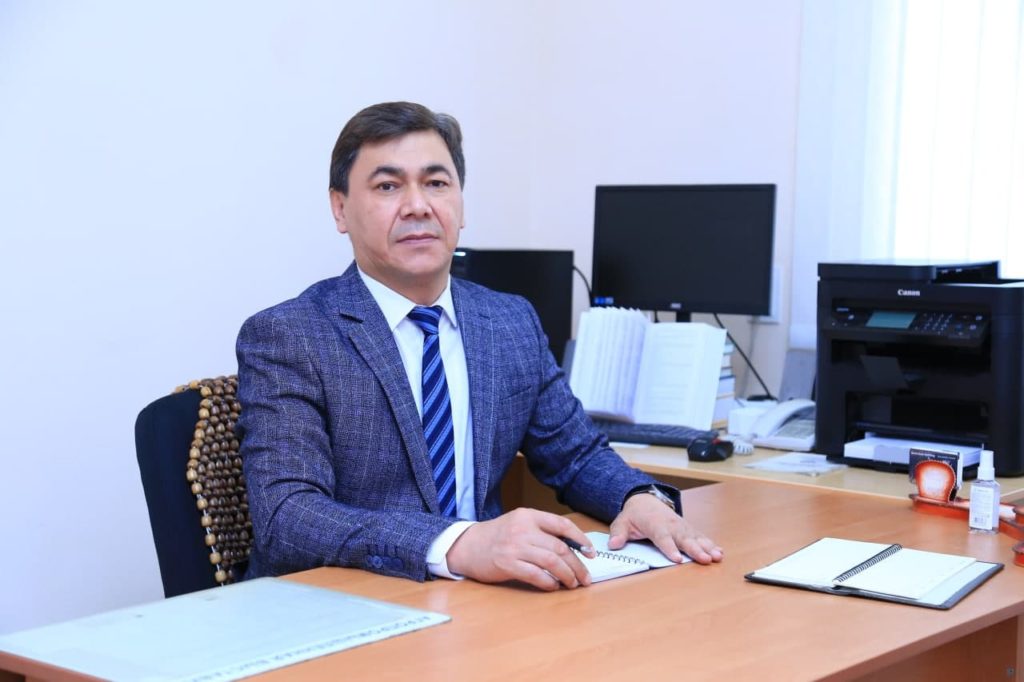History of the Department of Foreign Languages
The history of the Department of Foreign Languages of the Agrarian University named after Skryabin K.I is very rich. The Department of Foreign Languages was set up at the Agrarian University in 1938 as a Room of Foreign Languages under the responsibility of a head teacher Vysotskaya L.I.
The Department of Foreign Languages was organized in 1943 and its led by Karpov V.I. English ,German, Latin and Russian were taught in the 1950s. In 1981, it was decided to have a separate department of Russian and Kyrgyz languages, and the Department of Foreign Languages was separated.
For these years the Department of Foreign Languages was headed by Karpov V.I., Sorokina L.E., Prilutski G.N., Seitov D.M., Abdylasova T.A., Choibekov R.Ch., Isabekova B.A.
From 2006 to 2013 Umetov K. K. was the head of this Department. In 2013 it was decided to merge the Departaments of Languages and as a result the Department of Foreign Languages was closed. In 2016 it became a separate Department of Foreign Languages again.
Since 2016, the Department of Foreign Languages is chaired by Candidate of Philological Sciences, professor Umetov K.K..
All the teachers of this Department regularly participate in international seminars in Kyrgyzstan and abroad. There are 6 teachers, 1 assistant professor, 3 Senior lecturers and 2 assistants work at the Department.
Nowadays, teachers teach English and German for the first-year and second- year students of all specialists at the University and carries out preparation after the two-level system: bachelor, master’s degree.
